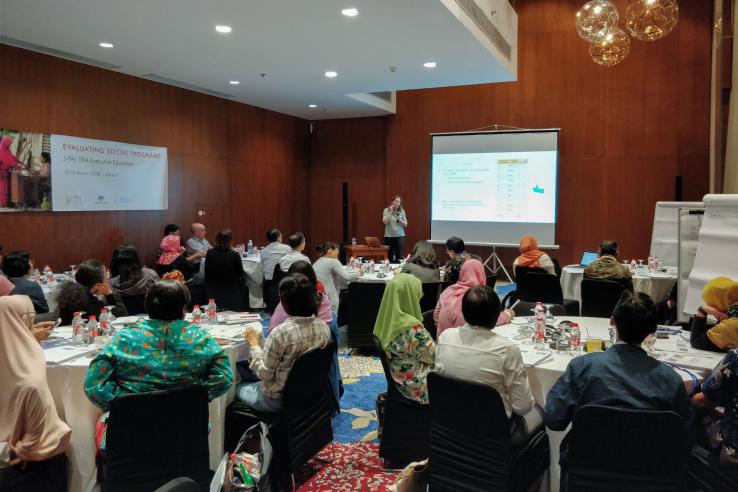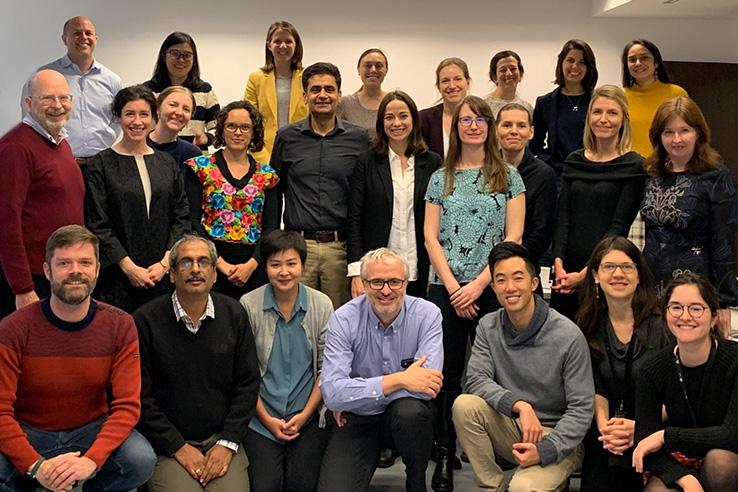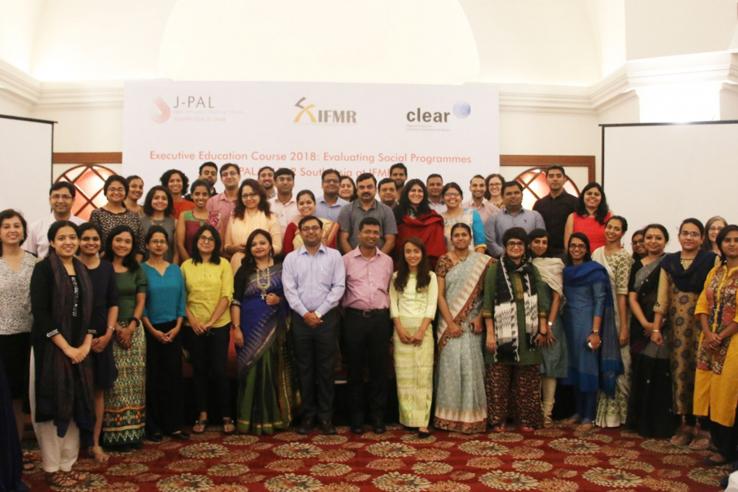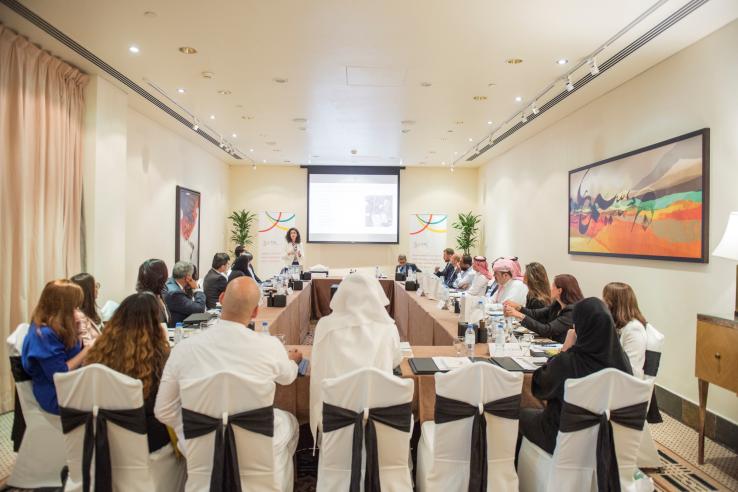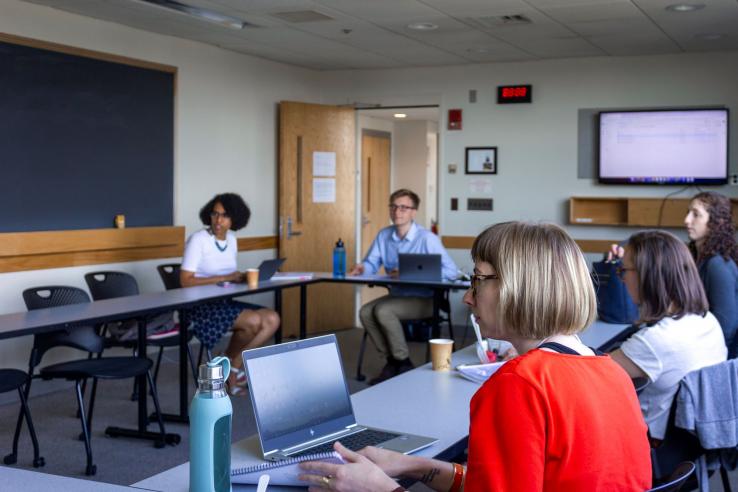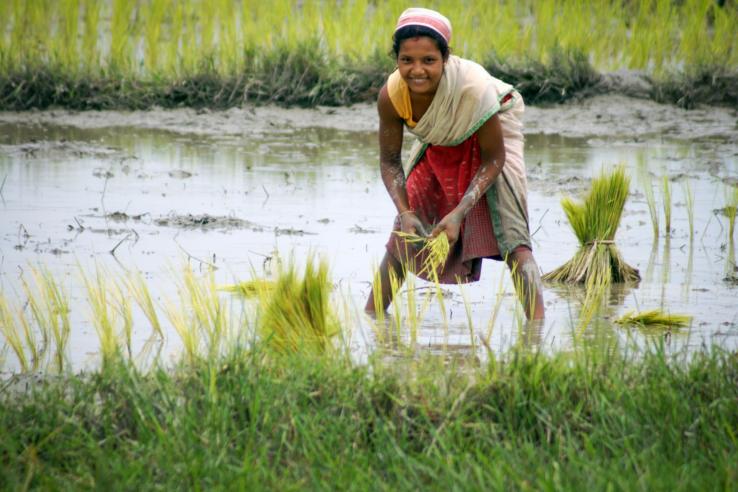Displaying 1441 - 1455 of 7784
Person
Rohit Naimpally is a Policy and Research Manager at J-PAL North America where he works with governments, non-profit organizations, foundations, and private enterprises to develop rigorous evidence on policies and programs that impact poverty.
Event
The Covid-19 pandemic has thrown into sharp focus the importance of workers’ rights and workplace protections globally. Women, in particular, are bearing the brunt of the hardship and are disproportionately impacted by the pandemic. Join us for a webinar, featuring new research and lessons from...
Blog
J-PAL Global Executive Director Iqbal Dhaliwal reflects on 2020 and how J-PAL will continue to build on lessons learned during this challenging year in his annual letter.
Event
Applications to J-PAL South Asia's annual Executive Education course are now open. This five-day in-person training gives participants a thorough understanding of why and when researchers and policymakers might choose to conduct randomised evaluations and how randomised evaluations are designed in...
Event
Please note: This is a custom course hosted by the International Rescue Committee. The course is tailored to the needs of professionals from humanitarian, development, government, policy, and academic organizations who are considering, planning, or currently conducting randomized evaluations.
Event
Charting the Next Decade of Evidence Generation in State and Local Government: The 4th Annual J-PAL North America State and Local Innovation Initiative Convening
Event
This five-day in-person training equips participants with resources and knowledge to engage with impact evaluations of social programs. The course provides an in-depth look at why and when randomized evaluations can be used to rigorously measure social impact, methods and considerations for their...
Event
As a part of the Evaluations Fest 2020 being organised by Evaluation Community of India, J-PAL/CLEAR South Asia is putting together a panel of presentations on 13th February 2020, between 2:00-3:30 pm at the India Habitat Centre (IHC), New Delhi.

